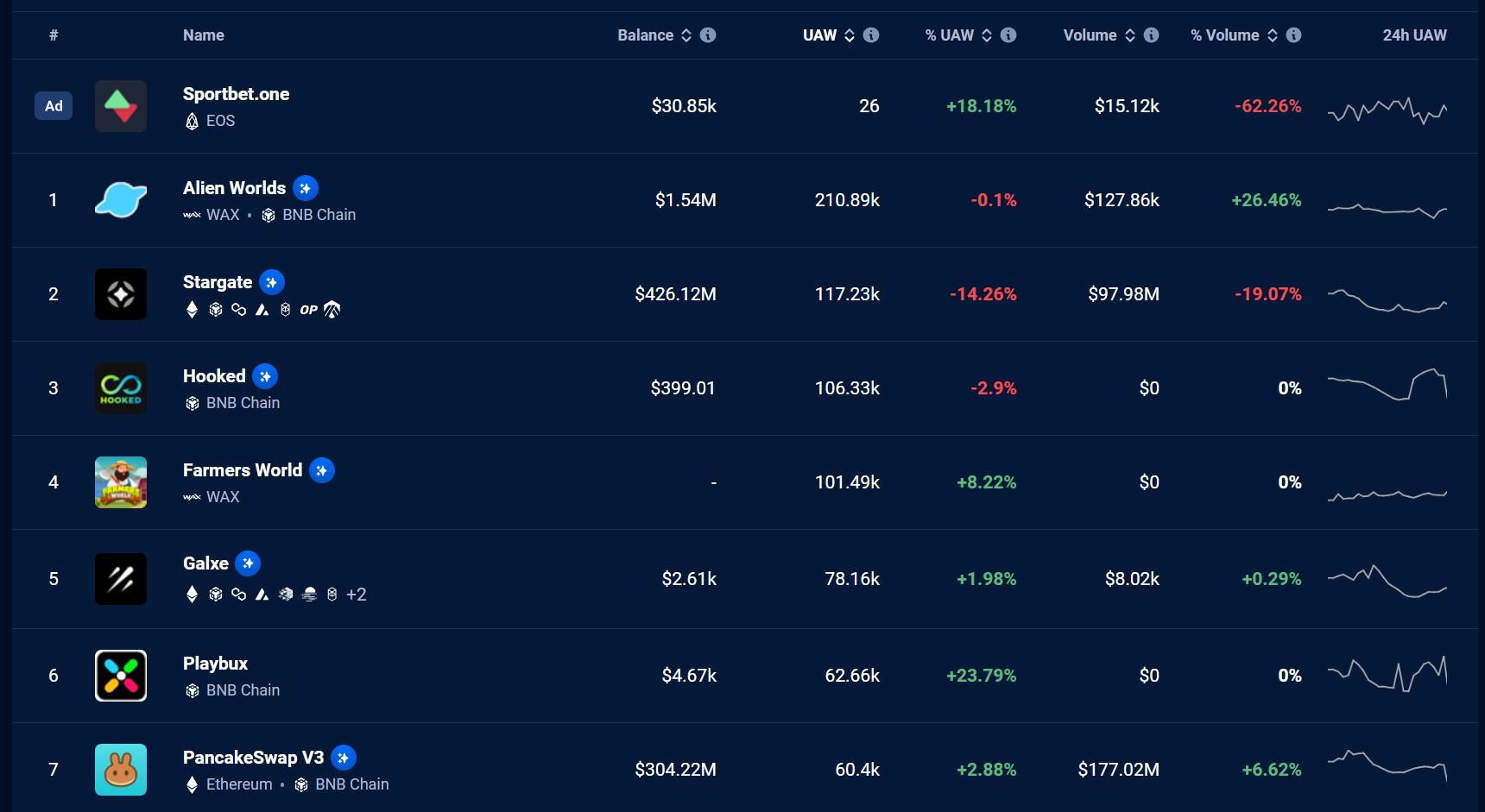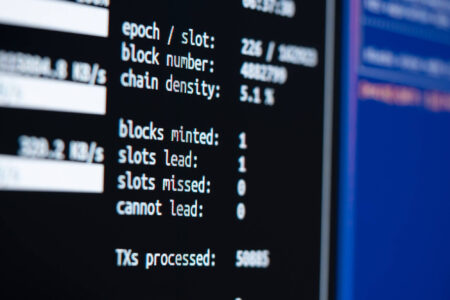DApp stands for "Decentralized Application," and it is a term closely associated with blockchain technology.
Unlike traditional centralized applications, which are operated by central entities, DApps rely on the decentralized nature of blockchain networks. A DApp or Decentralized Application utilizes smart contracts executed on the blockchain to implement the logic and rules of the application.
"Code is Law"
A fundamental feature of DApps is their openness and transparency. Since most DApps run on public blockchains, their source codes and transaction data can be accessed and verified by anyone. This fosters user trust in the integrity of the application.
Another crucial characteristic of DApps is their decentralization. Operating without a central control authority, DApps are less vulnerable to failures or attacks targeting centralized servers. Users retain full control over their data and digital assets, typically through private keys granting access to their accounts.
Diverse use cases for DApps
An essential aspect of DApps is their interoperability. By using standardized protocols and open interfaces, DApps can seamlessly interact with other DApps and smart contracts. This enables complex applications composed of various DApps and platforms to function collaboratively as a more extensive ecosystem. Such interoperability fosters innovation and cooperation in the blockchain world, allowing users to smoothly exchange digital assets and services across different platforms.

A DApp or Decentralized Application is utilized in various use cases, including DeFi (Decentralized Finance), digital identity management, supply chain tracking, online gambling, and more. Well-known platforms for DApp development and execution include Ethereum, EOS, Tron, and others.
It is essential to emphasize that a Decentralized Application may not always be perfectly decentralized, as certain aspects may remain centralized, such as the user interface or database. Nevertheless, they have the potential to fundamentally transform the way applications are developed and utilized in different industries by providing enhanced security, transparency, and user control.









